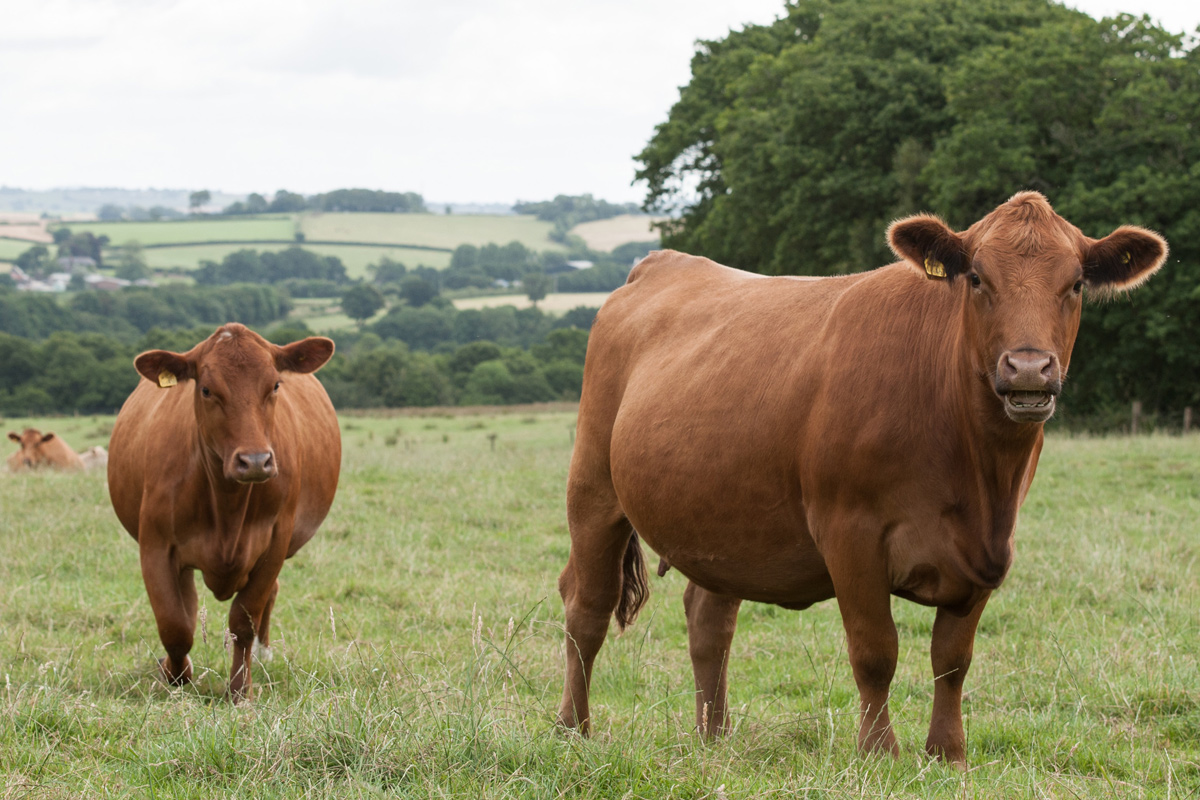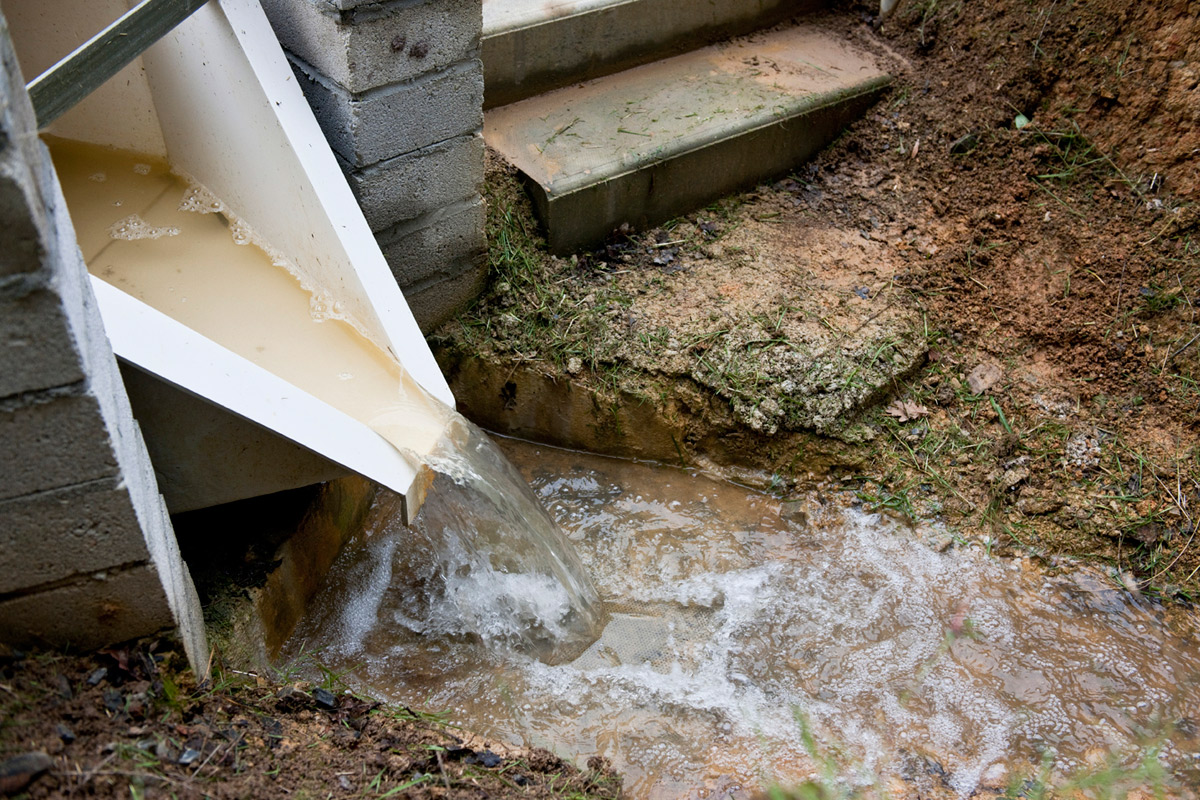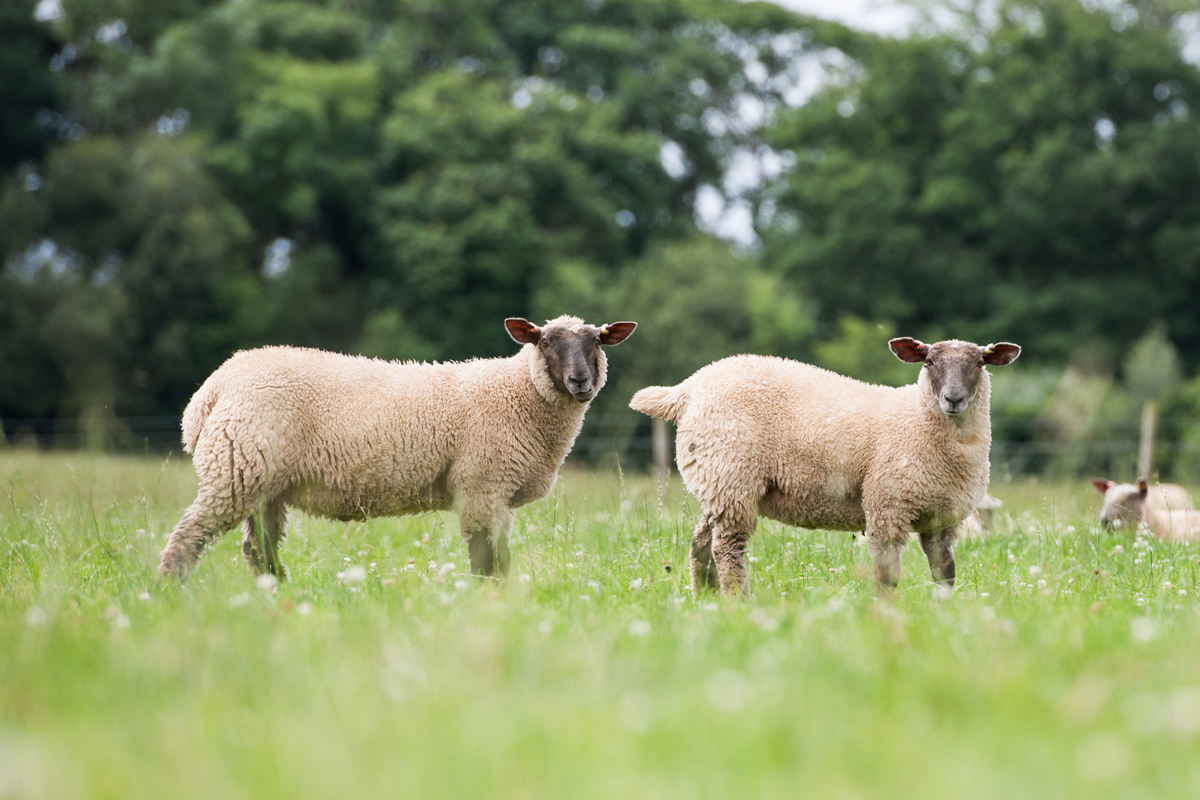The big picture: using wildflower strips for pest control
Individual pastures on livestock farms yield surprisingly dissimilar benefits to a farm’s overall agricultural income, and those differences are most likely attributable to the varying levels of “soil health” provided by its grazing livestock, reveals a study published today.
The study, produced by an interdisciplinary team of 13 scientists and two PhD students from Rothamsted Research, evaluates how efficiently nutrients are used on a livestock farm, on a field-by-field basis for the first time, and links soil health to animal growth.

The team has developed a method to derive the contribution of individual fields to an animal’s growth and, in the process, has opened up the possibility of using field-scale metrics as indicators of animal performance and agricultural productivity. The findings appear in the journal Animal.
“The prospect that commercial livestock producers could improve their productivity by purely changing rotational patterns is exciting,” says Taro Takahashi, an agricultural economist at Rothamsted’s North Wyke Farm Platform (NWFP) in Devon, who led the study.
“Unlike many alternative technologies, this will not require any capital investment,” adds Takahashi, who is also Senior Lecturer in Sustainable Livestock Systems and Food Security at the Bristol Veterinary School of the University of Bristol.
The majority of livestock farms in the UK operate rotational grazing, which involves moving animals from one field to another. While this practice supplies more fresh forage to animals throughout the season, it makes farming systems more difficult to monitor and optimise.
The problem has been the difficulty of linking an animal’s performance to field measurements, such as soil health, because animals spend only a fraction of time in each field, which is also used to produce silage for winter. Under such complexity, collating required information manually was almost infeasible. The latest method provides a shortcut.
The NWFP team found that animal performance on individual fields was positively associated with the level of soil organic carbon, a common measure of “soil health” for sustainable farming. The team also discovered that fields grazed more intensively had healthier soils and were less prone to water and nutrient losses.

With the UK preparing to leave the EU, the new study comes as Rothamsted increases its efforts to contribute to the creation of a well-designed food supply chain, both through enhanced ecosystem services and reduced environmental impacts.
“The correlation between soil health and animal performance is a major finding that confirms the huge amount of anecdotal evidence linking soil parameters and liveweight gain,” says Michael Lee, one of the study's authors and Head of the Department of Sustainable Agriculture Sciences at North Wyke.
“This study illustrates the multifaceted interactions between soil health, ecological surroundings and grazing animals that are so often overlooked in favour of more simplistic narratives,” adds Lee, who is also Professor of Sustainable Livestock Systems at Bristol Veterinary School.

NWFP is a UK National Capability, funded by the Biotechnology and Biological Sciences Research Council; its facility and datasets are open to all researchers. This study was carried out as part of Soil to Nutrition, one of Rothamsted’s five Institute Strategic Programmes, also supported by the BBSRC.

Honorary Research Scientist

Project Leader - North Wyke Farm Platform
Rothamsted Research is the longest-running agricultural research institute in the world. We work from gene to field with a proud history of ground-breaking
discoveries in areas as diverse as crop management, statistical interpretation and soil health. Our founders, in 1843, were the pioneers of modern
agriculture, and we are known for our imaginative science and our collaborative approach to developing innovative farm practice.
Through independent research, we make significant contributions to improving agri-food systems in the UK and internationally, with
economic impact estimated to exceed £3 bn in annual contribution to the UK economy. Our strength lies in our systems approach, which combines strategic research,
interdisciplinary teams and multiple partnerships.
Rothamsted is home to three unique National Bioscience Research Infrastructures which are open to researchers from all over the world:
The Long-Term Experiments,
Rothamsted Insect Survey and the
North Wyke Farm Platform.
We are strategically funded by the Biotechnology and Biological Sciences Research Council (BBSRC), with additional support from other national and
international funding streams, and from industry. We are also supported by the Lawes Agricultural Trust (LAT).
The Biotechnology and Biological Sciences Research Council is part of UK Research and Innovation, a non-departmental public body funded by a grant-in-aid
from the UK government.
BBSRC invests to push back the frontiers of biology and deliver a healthy, prosperous and sustainable future. Through our investments, we build and support a vibrant,
dynamic and inclusive community which delivers ground-breaking discoveries and develops bio-based solutions that contribute to tackling global challenges,
such as sustainable food production, climate change, and healthy ageing.
As part of UK Research and Innovation (UKRI), we not only play a pivotal role in fostering connections that enable the UK’s world-class research and innovation system
to flourish – we also have a responsibility to enable the creation of a research culture that is diverse, resilient, and engaged.
BBSRC proudly forges interdisciplinary collaborations where excellent bioscience has a fundamental role. We pioneer approaches that enhance the equality, diversity,
and inclusion of talent by investing in people, infrastructure, technologies, and partnerships on a global scale.
The Lawes Agricultural Trust, established in 1889 by Sir John Bennet Lawes, supports Rothamsted Research’s national and international agricultural science through the provision of land, facilities and funding. LAT, a charitable trust, owns the estates at Harpenden and Broom's Barn, including many of the buildings used by Rothamsted Research. LAT provides an annual research grant to the Director, accommodation for nearly 200 people, and support for fellowships for young scientists from developing countries. LAT also makes capital grants to help modernise facilities at Rothamsted, or invests in new buildings.